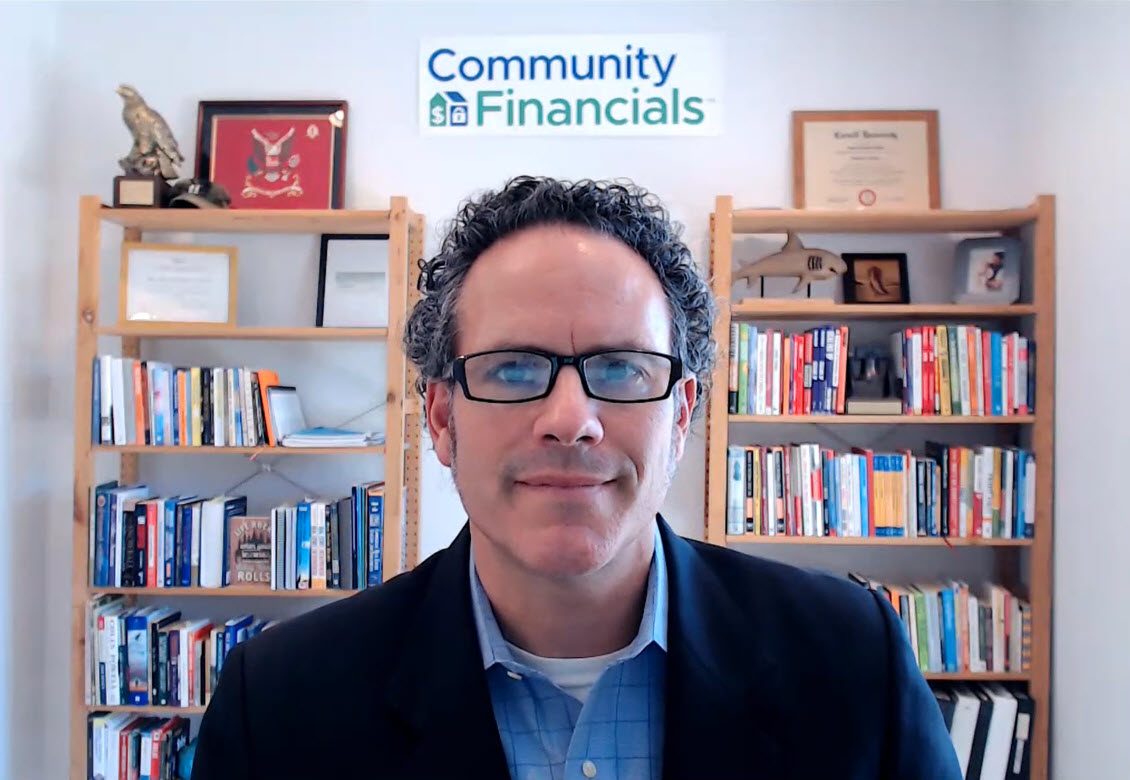Does your HOA or Condo Community Need a Manager for Capital Improvement Projects?
I talk to hundreds of HOA and Condo Board members every year. Many of them have a Community Association Manager or Management Company, working for them. Some of them dislike the high cost of the poor service they receive. However, they are reluctant to make a change to either a new manger or to become self-managed because of an upcoming capital improvement project at the community. So I wanted to answer the question: Does your HOA or Condo community need a Manager for capital improvement projects?
I’m a licensed Community Association Manager in six states and hold a Certified Manager of Community Associations designation. I’ve been in this industry since 2001 and have grown a 41 person Management Company. During this time I’ve overseen many, many projects (alongside our in house Construction Project Managers). It’s with this background that I am answering this question.
What is the role of a Community Manager? The Manger is a generalist and is supposed to help with a myriad of items but most of all they are supposed to help the board find resources and specialists when community business falls outside their expertise. The Manger helps find industry expert attorneys, CPAs for audits, reserve specialists, insurance providers and others. Managers can do a good job on helping to organize and oversee smaller and simpler projects. But unless the Manager has previously been a Construction Project Manager (very rare) they are not a qualified specialist to oversee your capital improvement project.
Here is what normally happens and your Capital Improvement Project turns out to be a disaster (“Usual Scenario”):
The board gets or asks the manager to get at least 3 bids for their project (one or two may be friends or relatives).
The bidders all come up with their own solution of how to fix the problem.
The board chooses the lowest cost vendor to do the project (do you think they had the best solution?).
The board tells the manager to supervise the vendor (do you think the manger knows what to look for in materials and how the job is to be performed to fix the problem?).
The contractor says there are extra billable items and the project runs over budget.
After the job is complete there are still problems with the job (and you have a 50/50 chance of getting them to come back).
Owners are complaining.
The Board has to do another special assessment to pay for cost overruns or pay for a 2nd vendor to complete or fix vendor # 1’s job.
The job goes much longer than the initial schedule and is way over budget.
Here is the “Best Practice” for handling larger Capital Improvement or Major Construction Projects:
Hire an Architect or an Engineer to develop the solution for your issue. They create drawings of construction details (how things are to be done correctly) and provide a bid specification (outlining materials to be used in conjunction with the drawings). This costs a few thousand dollars which I say is an investment/ insurance policy from getting the issues in the “usual scenario”.
Hire a Construction Manager to handle the bidding process, answer contractor’s questions and supervise them. I would not hire the Manager to do this.
The Construction Manager sends out the bid specifications to several contractors (can be from construction manager contacts, board contacts and manager contacts).
Have the Construction Manager hold a “pre-bid” meeting so all vendors get to ask their questions of the project and the bid spec they received and see the property all at one time (everyone gets the same info) which along with the bid specs helps get “apples to apples” bidding.
Perform a “test opening” – for example if a siding project you may want to have your construction manager do a test opening in the siding so bidders can see existing conditions (ex: they may see damaged insulation and rotted wood) and update their bid accordingly.
Contractors provide their bids which includes charges for extras (on a linear foot basis, etc. to avoid on the fly crazy pricing later).
Construction Manager creates a “decision matrix” (a spreadsheet with key points of each bidder) that shows the differences in base cost, extra cots, potential start date, insurance coverage, warranty, etc.
Depending on the scale of the project the Association Attorney helps draft a construction agreement to further protect the Association (again a little more money but think of it as insurance).
The Construction Manager then supervises the contractor to ensure they are following the construction drawings and using the materials specified by the Engineer or Architect.
The Construction Manager reviews and advises the Board if any additional expenses are warranted and explains why or challenges the contractor.
The project comes in close to the stated schedule and close to the stated budget price. The cost of the Construction Manager, Engineer and Attorney are much cheaper than the cost overruns in the “usual scenario” above.
Homeowners are appreciative of the Board and are enjoying the improvements without the aggravation of a longer construction project or additional special assessments to pay for cost overruns.
In the “best practice” scenario there is no need for a Community Manager. They may help mail out notice to the owners about the project but the Board could do that themselves as well. So to answer the question: does your HOA or Condo Community need a Manager for Capital Improvement Projects? I would say no they don’t need a COMMUNITY MANAGER (property manager), they need a CONSTRUCTION MANAGER.

So if your community is contemplating changing management companies or from full-management to self-management but are holding off until your construction project is completed I would say don’t wait. Most management agreements charge extra for this construction supervision. Put the money you would pay the management company towards the cost of a professional Construction Manager instead. And if you are self-managed and want to have the accounting for your construction project handled meticulously Community Financials can help with that.


